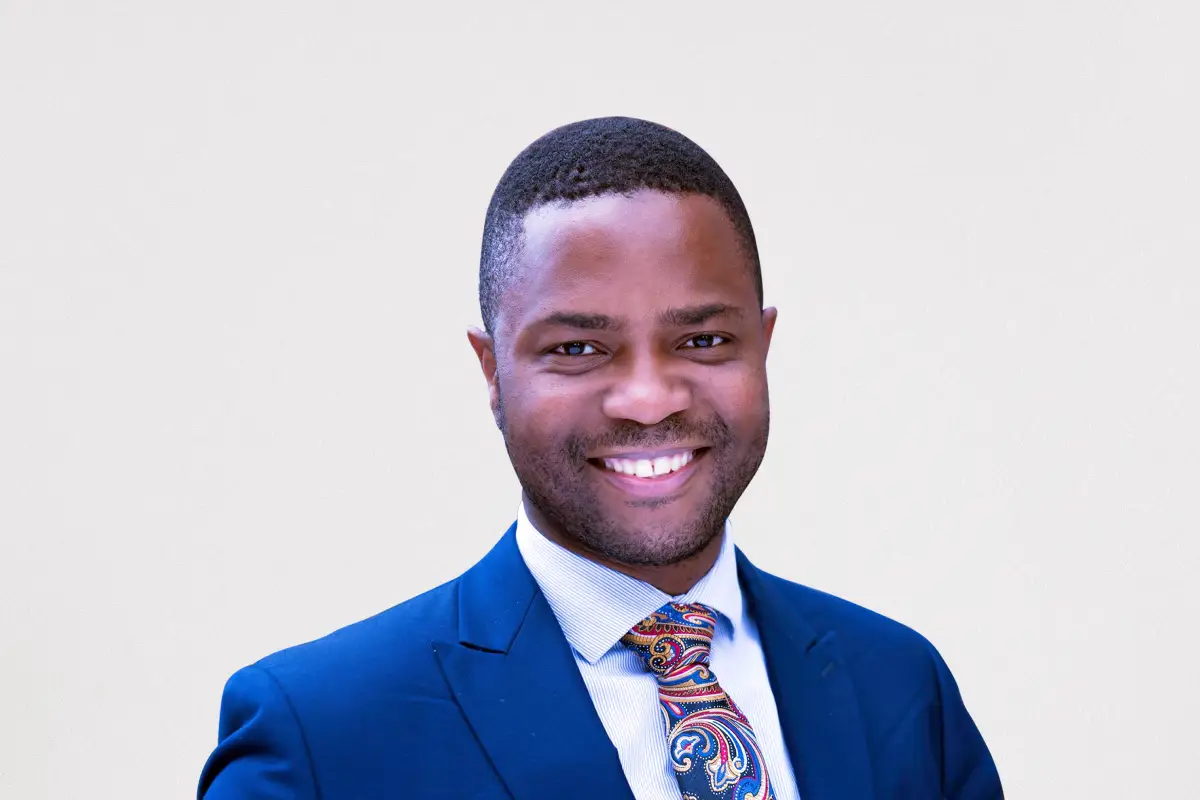It may seem impossible, but being debt-free is an achievable goal, provided you spend intelligently, up your financial IQ, and prepare for unforeseen events. Here are some tips on how to do that.
Want vs. Need
The heart says, “I want that new car,” ignoring the more reasonable part of the mind that counters with, “Do I really need that new car?” Clarity of mind and the ability to distinguish between what you need (such as shelter, food, your health, and a few good friends) and what you want (a new car, even though the one you have works just fine) are key.
In a survey conducted in 2017, Capital One and Credit Canada asked Canadians about their financial guilty pleasures, and 72% answered that theirs was dining out. Other expenses included coffee (50%), online shopping (44%), cloths (33%), and beauty services (23%). But does that mean you should stop spending money on things you enjoy and merely focus on your barest needs? Life would get very dull if you did. Rather, be smart about your spending, and if there is a big-ticket item you want, or even just a wardrobe upgrade, be patient and save. Put aside small amounts when you can spare it, and when you have enough, go for it.
Focus on Saving
Speaking of saving, make a habit of putting aside a certain amount of money in a savings account that you won’t touch. It’s a good idea to have a “rainy day fund” for unexpected expenses, like home or auto repairs, replacing an important household appliance, or, if you have children, an expensive summer camp or program.
According to Investopedia, as of 2016 less than a quarter of Americans had enough savings to cover six months’ worth of expenses, and as of 2017, an estimated 39% of Americans had no savings at all, while 57% had less than $1000 in an emergency fund. According to a 2017 Ipsos poll conducted for Global News, the average Canadian owes $8,539.50 in consumer (non-mortgage) debt. To get into the habit of saving your money (and out of the habit of overspending), start on the day you receive your paycheque. First, set aside money for monthly bills, then savings (education or emergency funds), and finally your entertainment quota, or your “fun fund.”
Which brings us to another important step to financial freedom: budgeting.
Work Towards a Goal
Everyone knows that hard work is necessary to attain something you really want. Whether it’s a new home, a second car (or even a second home), it won’t come easy. The process of reaching that goal consists of spending, planning, and saving. A day before you get your paycheque, skim through your monthly budget and determine how much you can safely set aside and put towards that chunk of money into an account exclusively set up for this goal, which will take care of the planning aspect. The next step is to set up a pre-authorized transfer with your bank to automatically move that amount into this dedicated account each month.
Self-discipline when it comes to your finances is a huge step towards responsible fiscal habits. With the right financial education, your overall financial health will take a turn for the better.
Empower Yourself
It’s never too late to get an education. According to a recent report in the Huffington Post, more than half of Canadians said they are just $200 away from financial insolvency at the end of each month, and as many people said they regret taking on so much debt.
These findings came from a survey conducted for insolvency consultancy MNP, which attributed some of the blame to rising real estate prices but also concluded that Canadians were taking on more credit card and car loan debt than they could manage. One in 10 respondents said they have less than $100 left over at the end of the month, while nearly 31% said they don’t make enough money to cover their expenses.
There’s no shame in going back to basics to address some important issues, like paying back student loans or learning the ins and outs of personal banking, budgeting, and how interest rates work. There are multiple ways to increase your financial literacy, from reading economic news to actually sitting down with an expert, like a financial advisor or consultant, to discuss your options and your overall fiscal health.
Attaining financial independence is truly liberating, contributing to both your monetary and mental wellbeing, enabling you to live your best life.
Baisakhi Roy | Contributing Writer




















